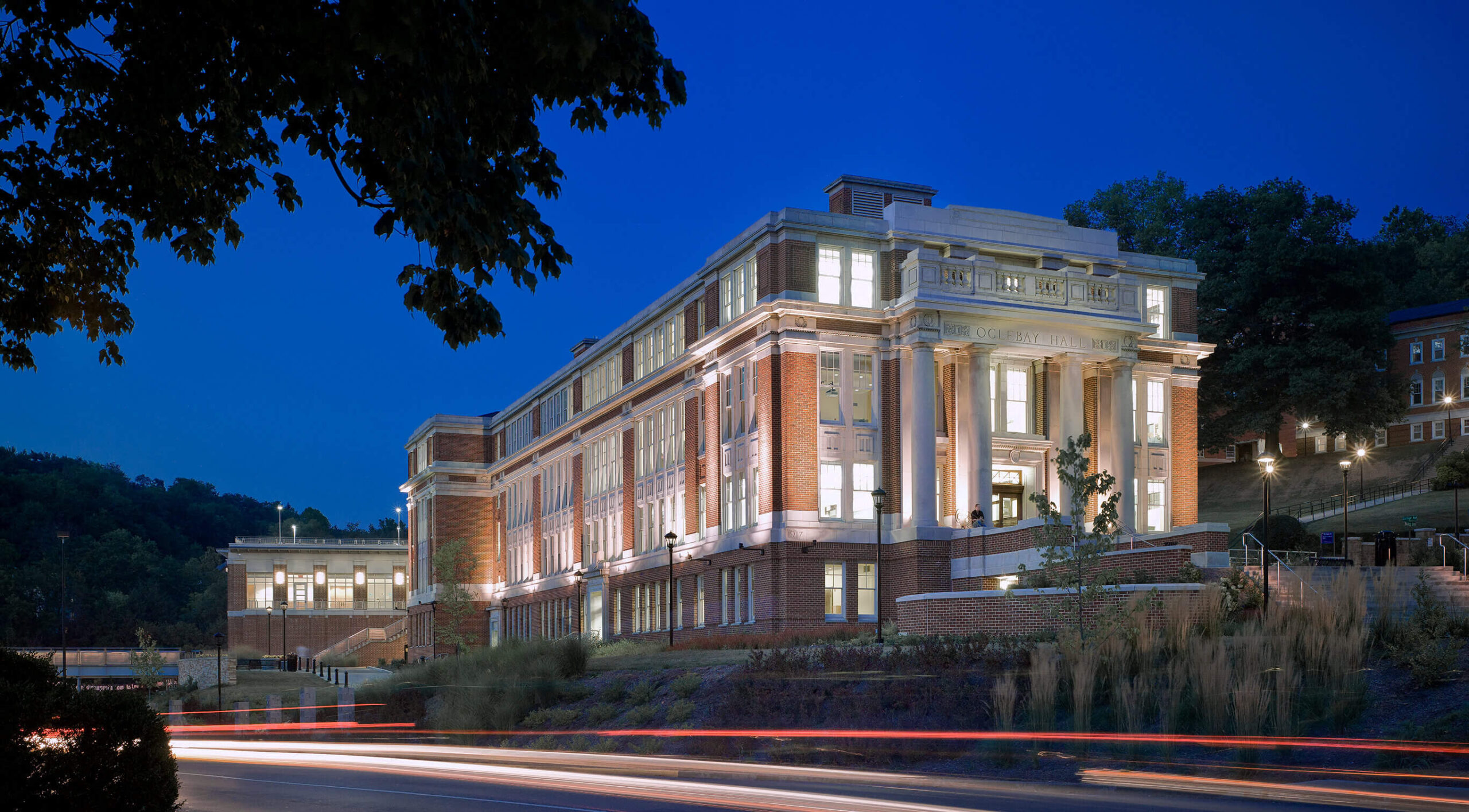A number of students beginning their academic career at WVU are embarking on a journey that no one in their families have before, becoming the first generation of their families to earn four-year degrees.
That experience comes with unique challenges for students as they make their way through an unfamiliar culture with its own language and expectations. How do I talk to my professor? Can someone help me understand the syllabus? If I need tutoring, is it free?
Take heart, though. We’re here to help. What’s more, a number of faculty in the Eberly College of Arts and Sciences had the same experience. They too were once first-generation college students excited about the future, but anxious about asking for help and speaking up in class.
Meet Michelle Richards-Babb, an associate professor in the C. Eugene Bennett Department of Chemistry and director of the Office of Undergraduate Research.
As a child, Richards-Babb aspired to work with horses. She participated in the horse and pony 4-H club, owned her own pony and worked on farms, caring for horses and mucking out stalls.
Putting off college for several years after graduating from high school, Richards-Babb took night classes in Spanish, psychology and chemistry while working full time in the equine industry. A professor’s note on a final exam motivated her to enroll in college full time.
“The note read, ‘If you ever get off the horse farm, you should consider a career in chemistry.’ That was all it took. I was off and running toward a chemistry bachelor’s degree,” Richards-Babb said. “I knew working in the equine industry did not pay well, and horses became my hobby. That is why I decided to go to college.”
As a non-traditional and commuter student, Richards-Babb sought out other students with similar backgrounds.
“It was helpful to make connections with other students in a similar situation to mine and within the same major. Not only was I a first-generation student, I was also a couple of years older than the average student,” Richards-Babb said. “There was another student who was also a commuter student and a chemistry major. We would often call each other to discuss homework and assignments whenever we needed clarification or became stuck.
Those friendships helped her connect to the campus, where she otherwise felt lonely. Working part time to pay for college and living off campus limited her ability to get involved.
“I worked all weekend, every weekend in the equine industry to support myself. Thus, I did not engage in many of the social aspects of college, which caused me to be isolated from other students,” Richards-Babb said. “Now I understand how important it is to be connected to the social community at the institution you attend. If I had the chance to attend undergraduate school again, I would take advantage of more of the social aspects. For instance, I would attend some sporting events, join a club, volunteer as a tutor and do more undergraduate research. All of these things help you to connect with the institution and your major and take you from a face in the crowd to an individual.
Advice for students
“Treat going to school as a full-time job. You should be spending a minimum of 40 hours per week attending class, reading the text, doing your homework and studying. If you put the time in now, it will pay off in the end. If you set your mind to it and work hard, nothing can stop you.”



